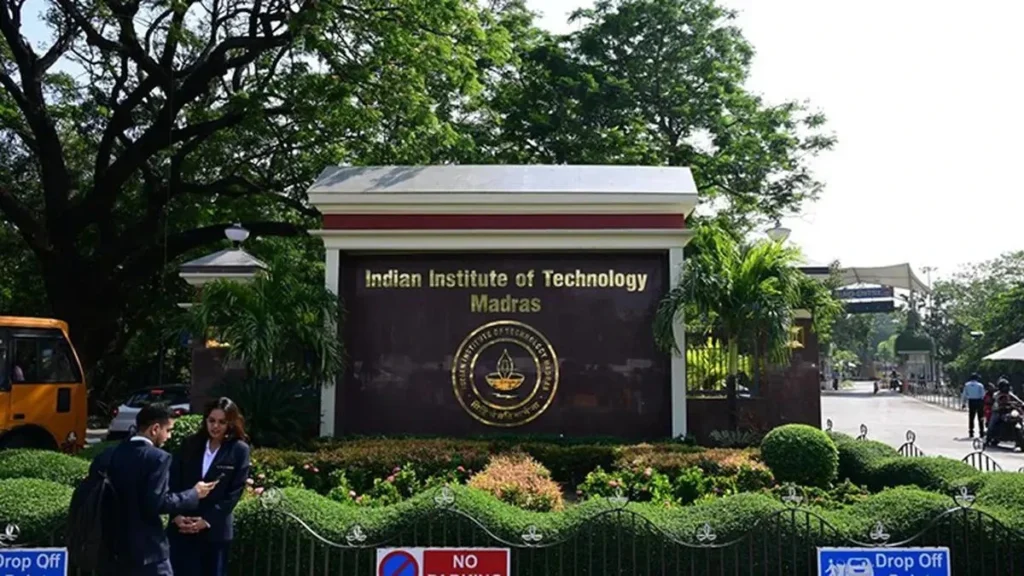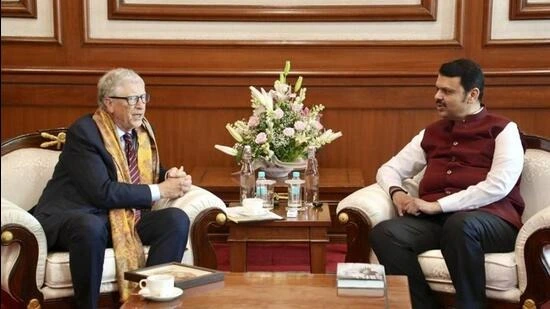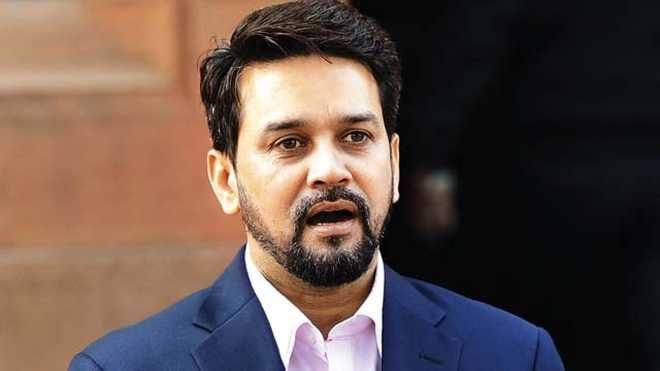AP Government to Form Advisory Panel on Good Governance with Experts from IIT Madras, Gates Foundation
Andhra Pradesh Chief Minister N. Chandrababu Naidu has announced the formation of a 10-member advisory council dedicated to enhancing good governance across the state. The council will include experts from prestigious institutions such as IIT Madras and the Gates Foundation, with a clear mandate to recommend impactful reforms aimed at improving citizen services and transparency. During a high-level review meeting at the State Secretariat focused on the Real Time Governance Society (RTGS), Naidu emphasized the need to leverage digital platforms—especially WhatsApp Governance—to deliver government services directly to citizens. He directed officials to bring all digitally available services under WhatsApp Governance by June 12 and to expedite the integration of real-time data systems to support this transformation. “The aim is to reach the last citizen with ease, speed, and accountability,” Naidu said, reiterating his vision for a fully tech-enabled government. Katamaneni Bhasker, Secretary of IT, informed the Chief Minister that while the potential exists to offer over 500 services through WhatsApp Governance, currently only 254 services have been integrated. The department is now aiming to scale this number to over 1,000 in the near future. In a further push for technological innovation, the state is also planning a masterplan for a “drone city” at Orvakallu, with ongoing efforts to position Andhra Pradesh as a hub for emerging tech and smart governance. With initiatives like the advisory council and rapid digital integration, Andhra Pradesh is positioning itself as a frontrunner in citizen-centric governance backed by data, tech, and expert insights.



